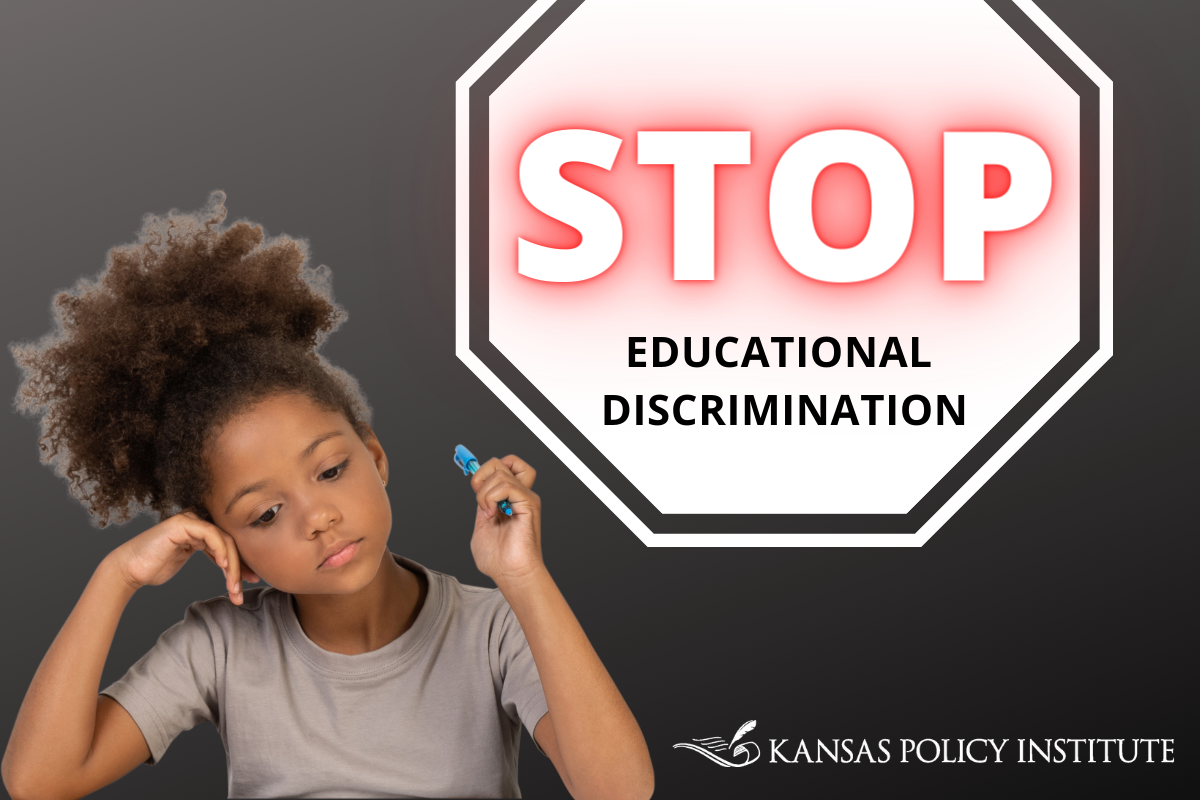Governor Laura Kelly’s office is declining to answer questions about a voter registration application offer mailed to Medicaid recipients by the Kansas Department of Health and Environment.
The National Voter Registration Act requires, among other things, that anyone renewing their driver’s license or receiving public assistance be given an opportunity to register to vote.
However, given that an in-person offer of a form was unavailable because of Kelly’s COVID-19 lockdowns, her administration apparently chose a different route.
In late September approximately 127,000 letters were sent to households receiving assistance from the Kansas Department of Children and Families. Another 150,000 were sent between March and September, according to the Kansas Reflector.
It is unclear whether the Kansas Secretary of State’s office was informed before these letters were sent, but according to the Reflector story, the American Civil Liberties Union and a group called “Loud Light” which according to their website “… engages, educates and empowers individuals from underrepresented populations to build community power that has an impact on decision-makers,” certainly were.
Both Lauren Bonds, the Kansas ACLU chapter legal director, and Loud Light President Davis Hammet were quoted.
While voter participation and turnout are of concern to both parties — and more participation is always better — there are concerns.
The Sentinel on Sept. 24, 2020, reached out to Kelly spokeswoman Lauren Fitzgerald with some questions on the voter registration letter.
Among them were:
- Why mail everyone without checking to see if they are already registered?
- Will this not create voter confusion among people who get the letter — particularly if they are correctly registered where they live?
- Will this not lead to duplicative registration applications that suck up staff time to process?
- Who decided to send out these letters?
- Was this discussed with the Secretary of State’s office prior to the mailing?
Fitzgerald made no reply, which is typical of Governor Kelly’s office.
Of additional concern is that — while some of the letters were mailed months ago — why were many mailed just weeks before the election, rather than months prior to allow for time to sort through duplicates?
There are also political concerns. The conventional wisdom is that lower-income voters are more likely to vote democrat — if they vote at all — moreover, the entities that were consulted by the Kelly administration are unambiguously left-wing and; according to the Reflector story are encouraging “Kansans to vote early in person or by mail as soon as they are able.”
While Democrats — and the media — almost universally dismiss the risks of mail-in, rather than absentee balloting, the reality is there are serious issues and opportunities for fraud.
There is a difference between “mail-in” and “absentee” ballots. In the case of absentee ballots, the voter has specifically requested the ballot, provided proof they are who they say they are, and made the effort to vote and return the ballot. “Mail-in” as many states are attempting to do, generally involves sending a ballot to every registered voter whether they have requested one or not.
But many states are not good about purging voter rolls of inactive voters — those who are deceased, have not voted in years, or have moved to another state — meaning there may be more registered voters than eligible voters in a given district, or there may be thousands of duplicate registrations.
In 2019 the LA Times reported that nearly 84,000 duplicate records were found in California’s “motor-voter” system.
Nor are concerns about fraud unfounded. Late last month, the New York Post published a bombshell report from a purported Democratic operative who says he’s been fixing elections for decades in New York and New Jersey.
His favorite target? Mail-in votes.
“Mail-in voting can be complicated — tough enough that 84,000 New Yorkers had their mailed votes thrown out in the June 23 Democratic presidential primary for incorrectly filling them out,” the Post reported. “But for political pros, they’re a piece of cake. In New Jersey, for example, it begins with a blank mail-in ballot delivered to a registered voter in a large envelope. Inside the packet are a return envelope, a “certificate of mail-in voter” which the voter must sign, and the ballot itself.”
According to the Post, their tipster said he would then simply photocopy the ballots and return the fraudulent ones in legitimate return envelopes collected from legitimate voters.
Far from being a rare problem, according to the Heritage Foundation, as of May 4 of this year, there were nearly 1,300 cases of proven election fraud since 2016 — including cases where election results were overturned as a result.
“Heritage’s database is by no means comprehensive. It doesn’t capture all voter fraud cases and certainly doesn’t capture reported instances that aren’t even investigated or prosecuted. The database is intended to demonstrate the vulnerabilities in the election system and the many ways in which fraud is committed.”



